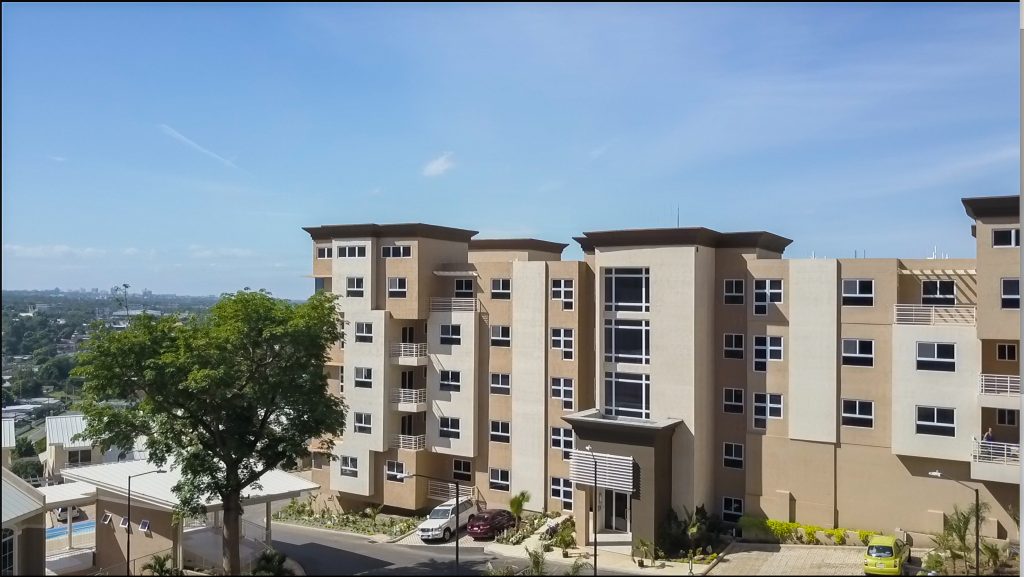Make It Home: How To Buy Your Second Home

By QUICK TIPS
Are you thinking about buying a second home? Whether you’re looking for an investment property, a getaway, or a place to eventually retire, plan to seriously consider these 7 essential steps.
1. Does a Second Home Make Financial Sense?
As a homeowner, you would want your second house purchase to be a sound financial move. You’ll want to consider your expenses, factoring in any extra costs a second home will likely bring, especially since, you may not be there every day. So expenses including, hiring a house cleaner and the relatively high cost of disaster insurance must be taken into consideration.
You’ll also need to build up your cash reserve, and if you plan on renting out the property, determine how much you can expect from rental income. This revenue can be used to alleviate any monthly expenses, foreseen or unforeseen.

2. Decide Where, and What Type of Home You’ll Buy
A home in a poorly chosen area won’t serve anyone’s best interest. An investor can’t resell or rent it, a vacationer won’t enjoy it, and a future retiree may have to pick up and move again. You’ll need to rely on both market research and your personal preferences. The type of home you buy is similarly essential. The costs and demands of owning a single-family home are different from those you’ll have if you own a townhouse or apartment.
Which type serves you best will depend on factors such as cost, location, and upkeep. For example, townhouses typically require less maintenance, since the areas of the property outside your unit are governed and maintained by a community association (of which you’ll be a member). However, you’ll pay for that maintenance in the form of monthly fees.

3. Look into the Tax Implications
Second homeowners need to be aware of both property taxes and if renting out the place, income taxes.
Though taxes are inevitably a burden, planning during the house-hunting process can save you thousands of dollars a year. For example, if you’re renting out a vacation property, some days you spend there can make a difference in how much you’ll owe in income tax.
4. Come up With Short-Term Cash and Long-Term Financing
Most people pay for their home with a combination of a down payment and a loan for the remaining amount. The higher your down payment is, the lower the credit on it, and so the more house you can afford.
To come up with down payment cash (which should be at least 20% of the purchase price), you may need to get creative, using the equity in your primary home, borrowing against a life insurance policy, or refinancing your car.
Most buyers will also need to get a home loan to help with the rest of the financing. Shop around by reviewing the various mortgage options and sample payment schedules and factoring in your own short- and long-term goals. You should be able to find a mortgage that suits you.

5. Consider Non-traditional Financing Methods
One unique way to help finance your second home is to tap the “Bank of Family and Friends.” Borrowing from parents, siblings, or close friends, allows you to keep the tens of thousands of dollars in interest to a minimum and among your circle – just think, no bank fees or charges!
Another money-saving approach is to partner with another purchaser; for example; sharing a vacation home in the sun. Shared ownership is a growing trend – but you don’t want to rush into it. You’ll want to start by determining whether co-ownership with a particular person is likely to work. Then draft a written agreement to spell out how ongoing costs will be split and deal with other potential sources of contention, such as what happens if one of you wants out after a few years or if one of you dies.
6. If You’ll Be a Landlord, Be Prepared
Some second-homeowners plan to rent out their properties long-term with the idea of eventually turning a profit, but be mindful that rental properties usually take some years to make money. Others just want to rent out their property periodically as a means to offset expenses. Either way, you’re taking on the role of a landlord, which means more than just following your instincts. Finding good tenants or trustworthy vacation renters, understanding and preparing leases or short-term agreements, and dealing with ongoing management and repairs are only a few of the practical and legal issues involved. Also, the obligations of managing a long-term rental are entirely different from those of a periodic rental.

7. Take Steps to Protect Your Second Home
Protecting your property starts before you buy and continues long afterwards. For example, you’ll want to get a proper home inspection before purchasing, to deal with some repair issues up front and get a sense of what other repairs may be looming behind walls and under flooring.
You may need to purchase title insurance – typically required by the lender – in case problems such as prior ownership or debt claims on the property surface after the acquisition.
Your lender will also require that you carry hazard insurance, to protect your property against damage from such causes as theft, fire, flooding, or windstorms. The cost of insurance for second homes is usually higher than for first homes since you won’t be there as much. You will probably want to add liability insurance, covering you and members of your household for accidental injuries to your visitors. (Together, hazard plus liability insurance add up to the standard homeowners’ insurance package.) Taking these protective steps will guard not only your home but your peace of mind.

Whether you’re looking for a home to spend your retirement days or an investment property to diversify your portfolio, make sure you do your homework and work with the right experts.
